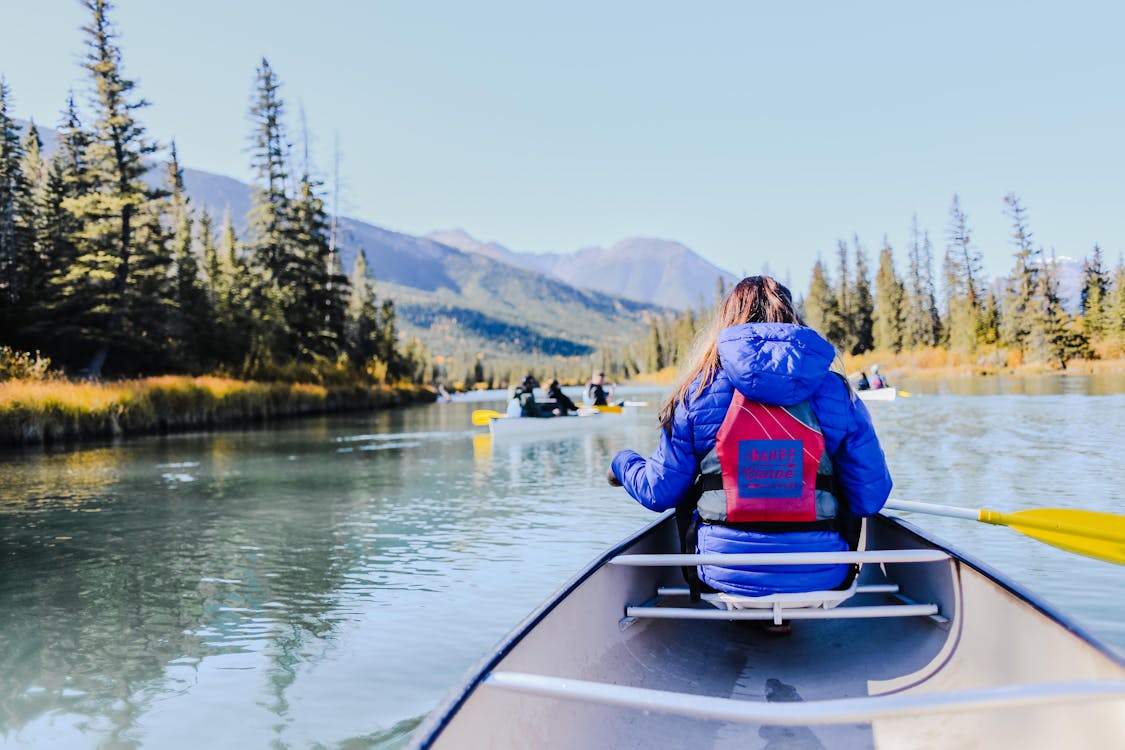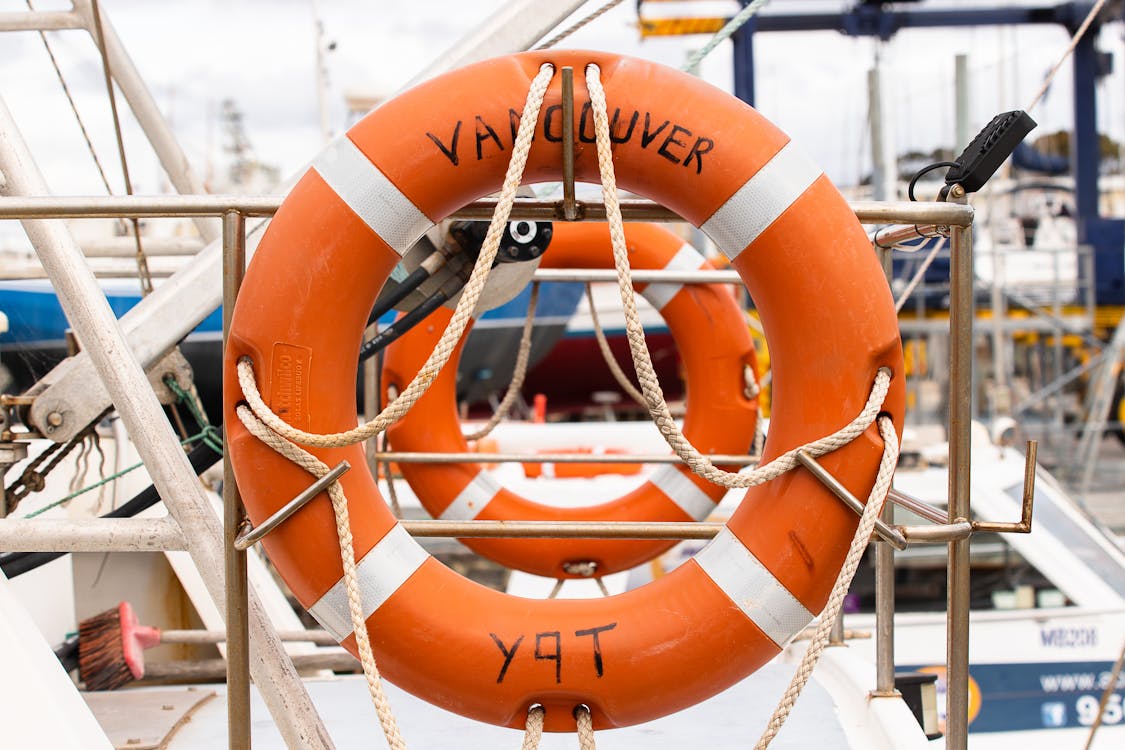Sea storms can damage your boat and risk your life even if you have safety equipment. It is highly complicated to predict the weather when you are on a boat and in the middle of the sea. Anything can happen to you without any prior notice.
You must keep checking the weather conditions to ensure you are safe and going in the right direction. In rough seas, it is easy to avoid a hazardous situation. Hence, you should know how to deal with them. In the following write-up, you will explore various safety and fishing boating tips when you are in rough waters.
You cannot escape extreme weather conditions and storms when you are away from the shore. Even if you are stuck, you must know how to deal with the situation and avoid any damage. The following tips are helpful enough to keep your fishing boat safe, and there will be no risk to your life.

1. Keep Checking the Weather Forecast
No matter where your boat is, you need to keep checking the weather forecast. Anything can happen in the sea, and you must be prepared for it. You must check all the communication systems so that you can get plenty of information regarding the weather.
When you know about the weather, you can better prepare yourself to deal with it. You need to know the wind speed and how your journey is taking place. If any thunderstorm is expected, you need to take out all the safety gear and prepare yourself for the situation.
2. Get Ready with Floating Devices
When it is expected to have stormy weather, it is better to take out all the floating devices, like tubes, life jackets, overboard, etc. In rough seas, your boat may cause an imbalance, and you can get into the water.
Therefore, staying in the middle of the boat or swimming if you get into the water is better. Heavy rain can drain and chill you during the storm, which can cause hypothermia. It is necessary to protect yourself from rain by wearing a raincoat. You must wear rapid-dry clothing to avoid getting wet.
3. Prepare Your Boat and Other Necessary Things

Before you go on the fishing journey on your boat, make sure to prepare it very well. You must go for the classic boat restoration by professionals to reduce the risk of damage. It is necessary to keep the emergency kit along with the safety equipment for minor repairs.
You must always turn on the radio to get the sea updates. It is better to prepare or hang an anchor when you are in shallow water or on rocks. If water collects on the deck, it needs to be emptied immediately by using a bucket. You must keep the fuel tank fuel so that you never run out of fuel.
4. Use Visibility Lights for Navigation and Minimize the Speed
It is recommended to slow down your boat during strong tides. You can lose direction if you are going at a good speed. Your boat will automatically move forward in a different direction by the tides.
But you need to stay alert and keep checking wherever you are moving. You must switch on the navigation lights to check whether the water is hurdle-free. You need to stay strong and keep your boat stable instead of escaping the situation.
5. Avoid Storms or Rough Sea
When you are heading in any direction in your boat, you need to keep monitoring the compass and doppler radar. You can avoid going deep into stormy or rough seas by finding a calm place or sea direction.
It is better to stop for a while until the weather becomes fine to pass. You can avoid the storm situation whenever possible by finding a better place to stop or go ahead. It is better to avoid risky zones instead of dealing with hazardous issues.
6. Disconnecting Electrical Devices
It is better to stay away from metal or other electrical devices. In rough seas, there is a risk of stormy weather, which can cause constant thunder and lightning. If you keep touching metal or use electrical devices, a thunderstorm can pass current to them easily.
You can lose your life, and it is better not to take such risks. Therefore, you must disconnect all your electrical devices quickly. Many people forget to do it, and they regret it later.
7. Go with the Storm
In unfortunate situations, your boat may get damaged, and you do not know what to do while swimming and struggling in the water. Instead of struggling, you must go with the flow. You do not have to attempt Anything opposite as it can let you lose your life.
You need to stay calm and have patience until you reach a calm place or the storm cools down. Struggling can make you risk your life, and you can lose everything.
8. Take a Safety Course

Boating in rough seas is challenging, and it is hard for beginners to deal with complicated situations. Instead of handling things without knowledge, you should take a safety course and learn about everything.
You can hire a professional who can help you know about the sea and all the challenging situations that every boater knows how to handle. You can prepare yourself before taking the boat on rough seas.
The Bottom Line
If you want to ride a fishing boat in rough seas, you must know all the safety tips mentioned. Operating a boat without any knowledge and experience in challenging weather conditions is not easy. It is essential to take care of your safety and prevent any damage to your boat.
Sea is unpredictable, and Anything can happen at any time. You must be prepared to deal with any situation because there is no way to escape or get rid of storms or strong tides. These tips will help you handle your problems in worse weather situations.





